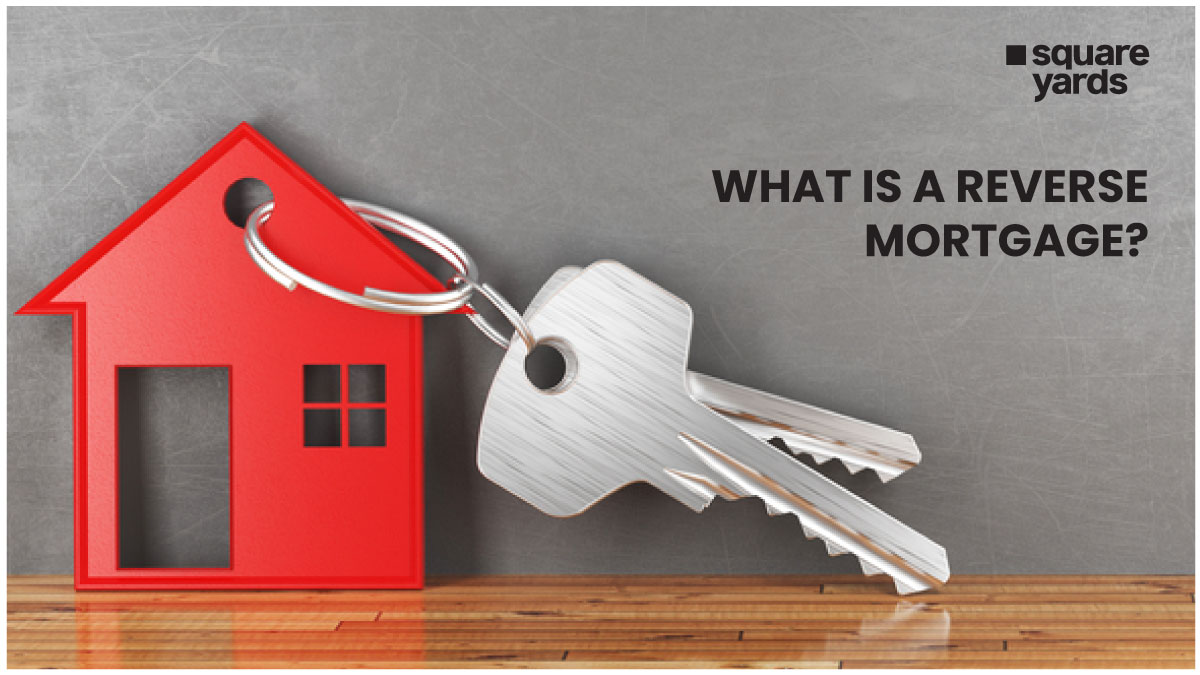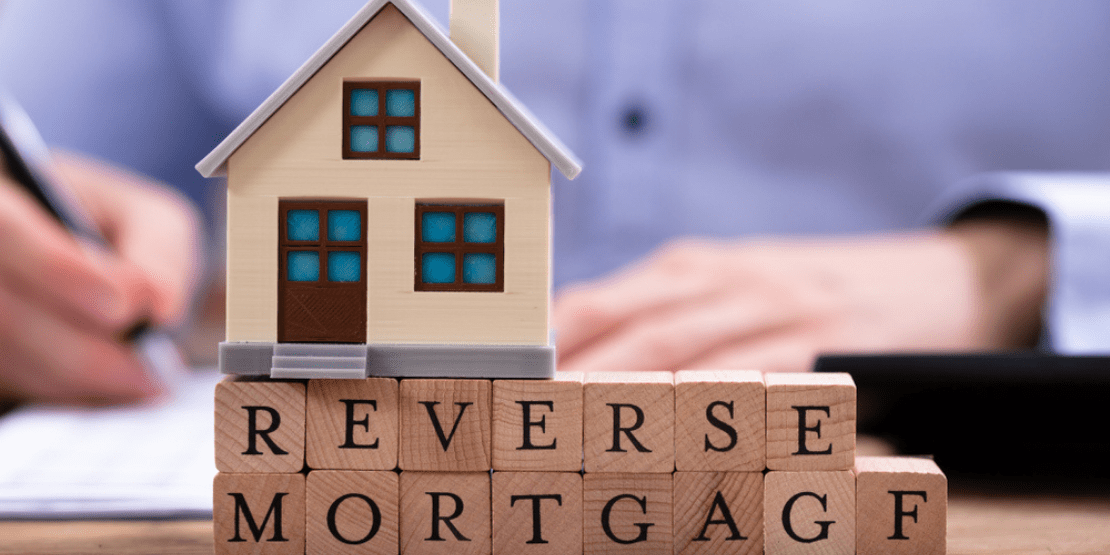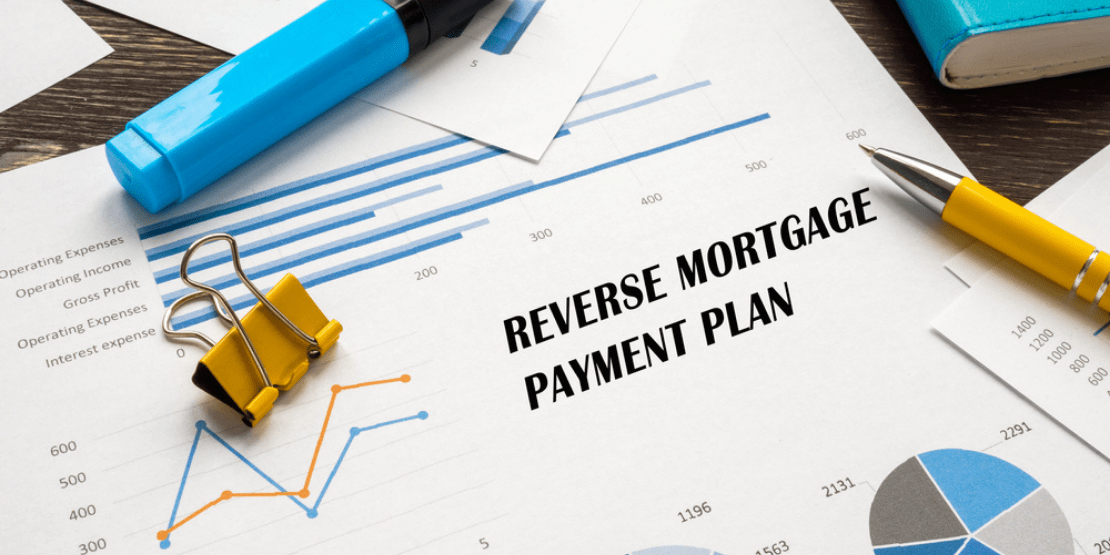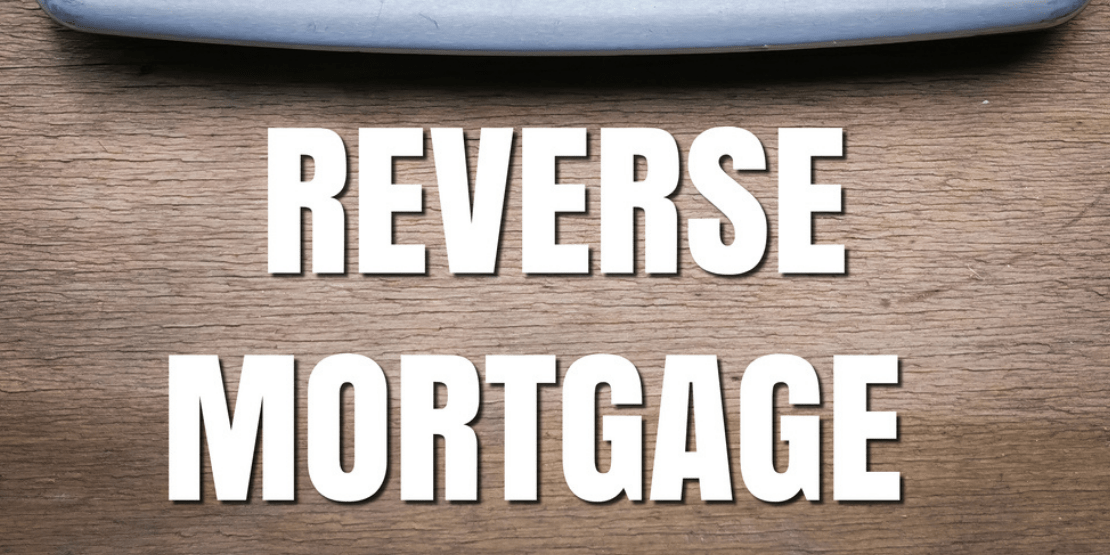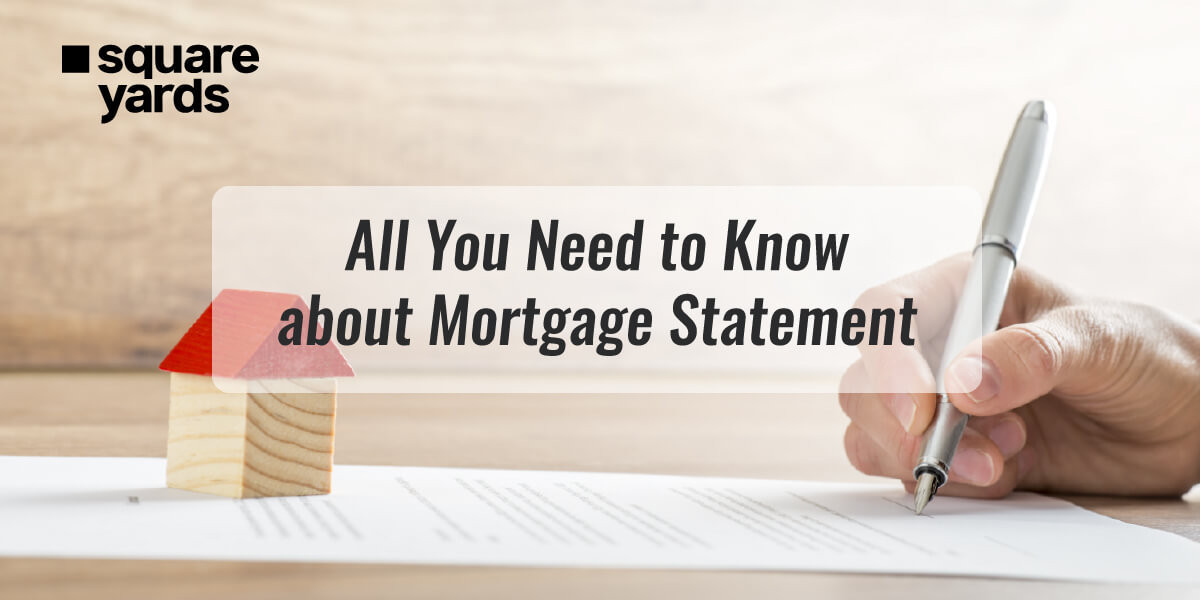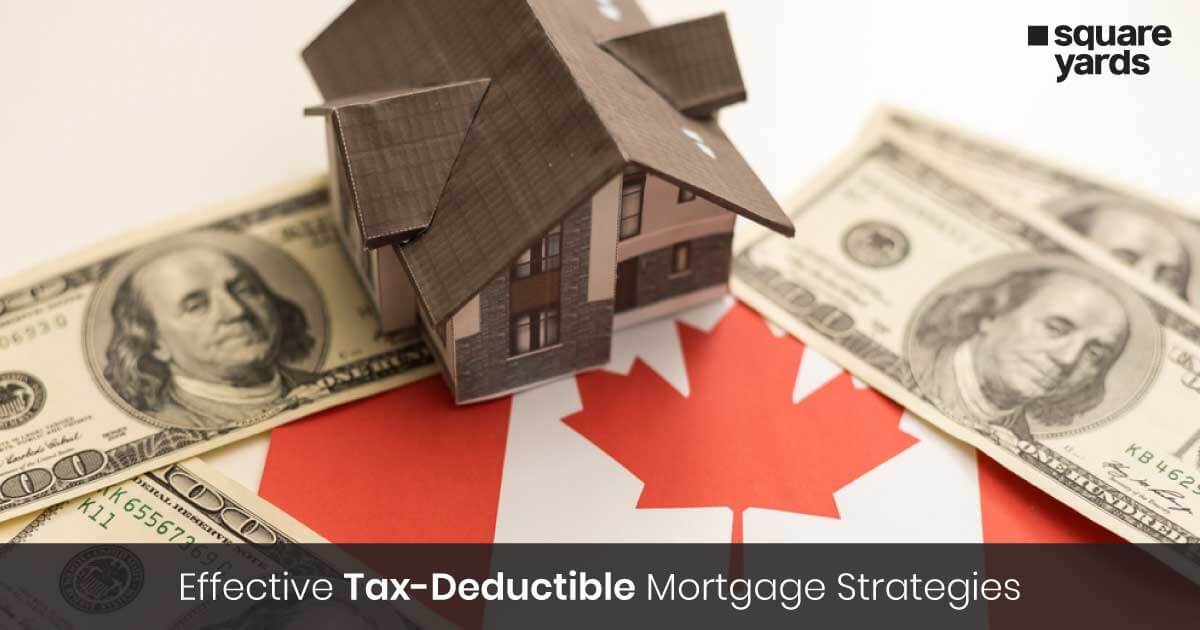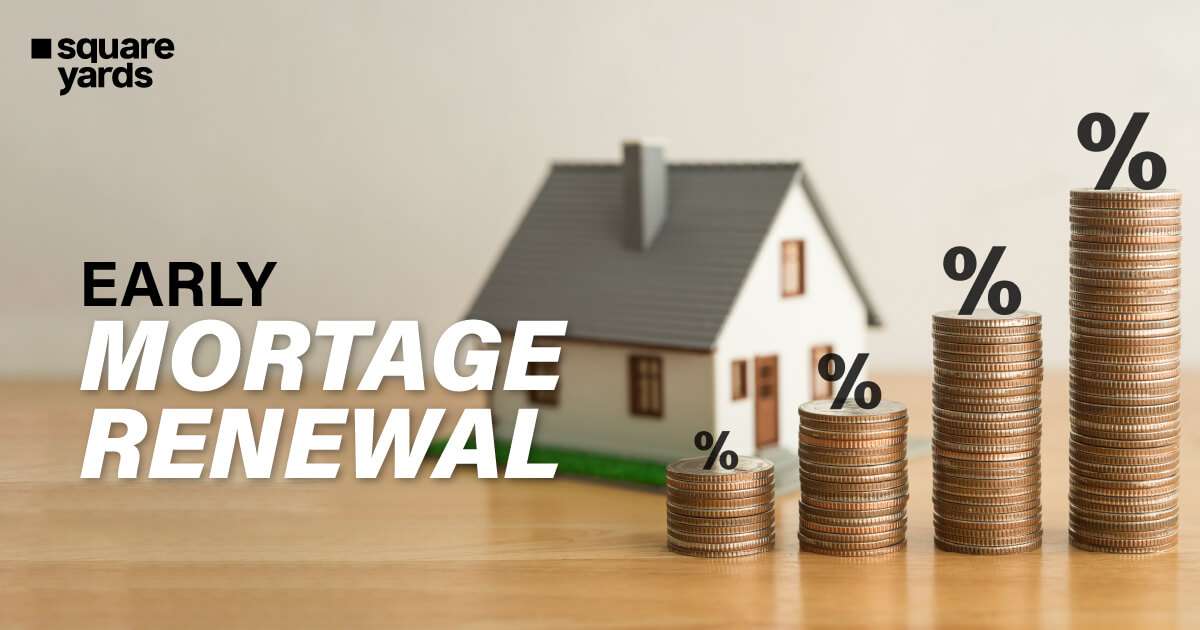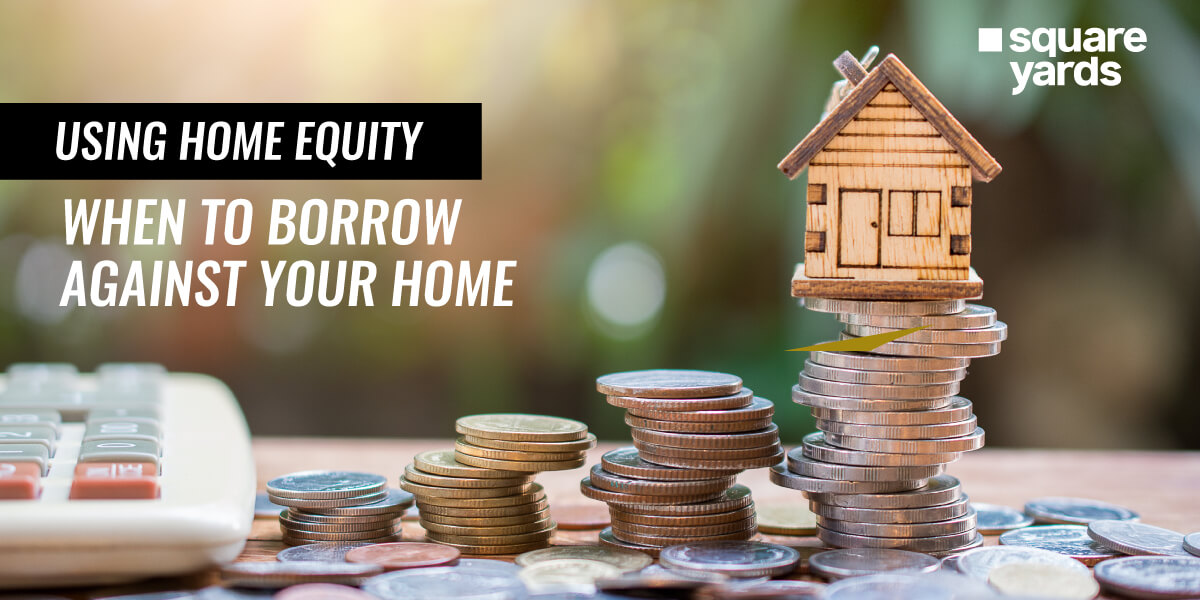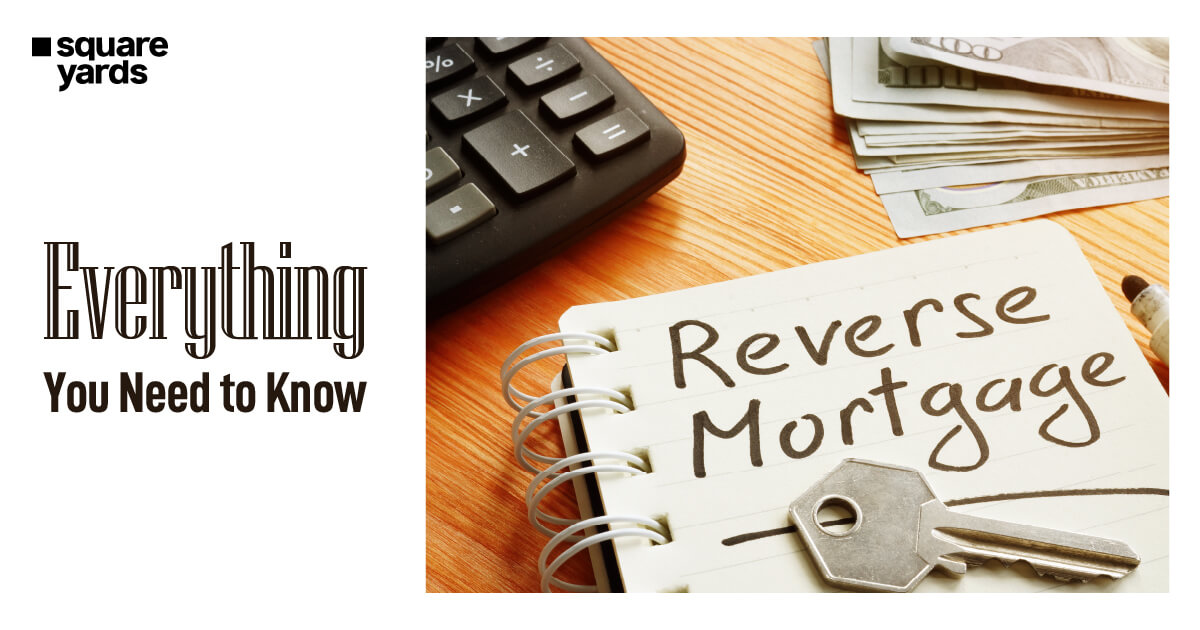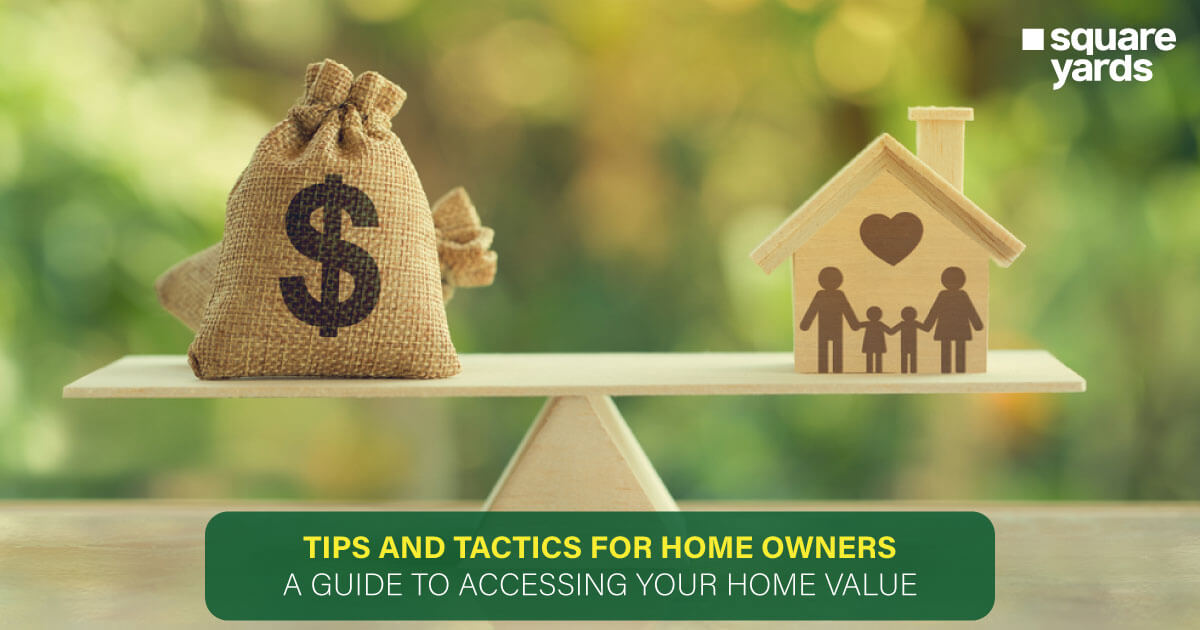A reverse mortgage is a type of loan that can be availed against the appraised value of your home. The Canadian Government has exclusively designed a ‘ Reverse Mortgage in Canada ’ for homeowners aged 55 years or above. It helps you finance your retirement by converting 55% of your house value into tax-free cash.
While still being the owner, you can use the mortgage amount until you sell the property. It seems favorable, right? Let’s have a look at its benefits, drawbacks, types, growth, and eligibility before making any retirement financial decisions.
Benefits of a Reverse Mortgage
There are numerous benefits to a reverse mortgage. At the start, you will get a lump sum of cash after the mortgage approval, approximately equal to the line of credit, and that too, without monthly payments. Moreover, the money you will get is not taxable. Thus, it won’t affect the OAS (Old Age Security) or GIS (Guaranteed Income Supplement) advantages that the borrower is receiving.
To sweeten the deal, you can still call it your home after taking a reverse mortgage. Also, you are free to choose when and how you will receive your money. This could be a great choice for those who are poor at managing their funds. Also, you are eligible to get either a lump sum amount or incremental funds as per your choice.
In particular, reverse mortgages turn out to be the best option for retired people living on a fixed income. It could help the borrower supplement their cash flow to live in their own house without any monetary stress.
Reverse Mortgage in Canada : Pros and Cons
-
Pros of Reverse Mortgage
- Once you are over 60 years of age, it is good to take a reverse mortgage to cash your expenses against your home equity. The equity of your home is the biggest asset that could help you meet your basic living expenses at this age when you probably do not have any other income source.
- Even after taking a reverse mortgage, you do not have to move to a nursing home. The mortgage allows you to live in your home unless you keep up its maintenance and continuous payment of insurance and property taxes.
-
Cons of a Reverse Mortgage
- A reverse mortgage makes you spend a significant amount of your house equity. For this reason, you are not eligible to pass your home to your heirs. If a reverse mortgage isn’t supplementing your long-term financial needs, then it’s not worth sacrificing your house equity.
- If any of your relatives or friends are living with you, that person will not be allowed to keep living in the same home after you pass away. Outliving your loan is another problem that borrowers might face. It’s a scenario when you haven’t chosen a lifetime income plan like a term plan, lump sum, or line of credit, and you use it all up, then you will be left with no money when required.
Problems on Reverse Mortgage in Canada
Although the reverse mortgage has many advantages, it is important to not neglect its drawbacks before committing to any financial loan. While applying for a reverse mortgage, never forget that you will have to pay a higher interest rate than several other mortgages in Canada.
The interest rate is higher because the reverse mortgage has no repayment policy during the loan’s lifetime. Along with the higher interest rates, the equity of your house will also decrease over time as the interest on the loan accumulates.
Despite the fact that the reverse mortgage borrower isn’t responsible for repaying the loan, the estate executors will have to repay it with interest within a certain period of time if the owner passes away. This situation could burden the mortgage owner’s loved ones for a lifetime of grieving. If the estate isn’t enough to repay the loan amount and interest, it creates financial stress on the family.
Interest Rates on Reverse Mortgages in Canada
A reverse mortgage is a type of loan you can borrow to survive your retirement period without any financial stress. This loan supplements your financial needs without having the borrower worry about its repayment until they live in the house. But in the meantime, the reverse mortgage will accumulate interest. However, you can go through the list below to estimate the reverse mortgage interest rate in Canada.
-
Home Equity Bank
| Lender | Term | Interest Rate | Annual Percentage Rate |
| Home Equity Bank | 1 Year | 3.49% | 4.34% |
| Home Equity Bank | 3 Year | 4.65% | 5.11% |
| Home Equity Bank | 5 Year | 5.14% | 5.4% |
What is the Graph of Reverse Mortgages in Canada?
As per the recent reports of the Office of the Superintendent of Financial Institutions, the reverse mortgage in Canada is growing eight times faster than any other regular mortgage. In 2107, reverse mortgage growth rose by 45% relative to 2016.
In the year 2017, Home Equity reported a whopping 32.5% growth in reverse mortgages over the last year. And the bank has projected that it will close it by over $800 million in 2018.
Reverse Mortgage Eligibility in Canada
Here is the eligibility criteria that you must meet to get reverse mortgage approval in Canada.
- Individuals owning a residential flat or house must be residents of Canada and be over 55 years of age.
- If you are living with your spouse, you both must be 55 years of age to avail of this loan.
- The house against which you are applying for a reverse mortgage must be in your name, your spouse’s name, or jointly with the spouse.
- Location of your residential estate.
- The condition of your home must be good.
- You must have a minimum appraised value of your home of $200,000.
- The loan amount depends upon the type of home you own, like a condo, detached, or townhouse.
- Also, the mortgage supplier will check the amount of your home equity.
Key facts of Reverse Mortgages in Canada
Finance the type of retirement you must have always dream of:
- The reverse mortgage helps you turn your home into your pension.
- You can stay in your home without moving to a nursing home.
- It helps you enhance your cash flow and retirement income.
- You can use your reverse mortgage to travel more often.
- It helps cover health expenses or in-home care.
- Renovate your home with the help of reverse mortgages.
- You can use it to pay off your other high-interest debts.
- Financially help your friends and family.
- You can buy a second property with the help of your reverse mortgage.
In Conclusion
Reverse mortgages in Canada are designed to help senior citizens financially support their retirement while staying in their own homes. It’s a fixed income that doesn’t affect the other benefits of a mortgage borrower, and a borrower is free to use it anytime anywhere without worrying about a repayment unless they are leaving the house. Although, you can avail of a reverse mortgage on your own, but it is advisable to approach the real estate experts to get the loan at a feasible interest rate.
You May Also Read
FAQs
The downside of the reverse mortgage is that it comes with a higher interest rate than on a house equity line of credit.
You can pay back the reverse mortgage by utilizing the net from the sale of the home.
The amount of loan you can borrow from a reverse mortgage completely depends on the equity of your home.
If the last borrower of the reverse mortgage dies, the heirs usually repay the mortgage amount by selling the home. If the mortgage value exceeds the value of the home, heirs are not obligated to pay more than 95 per cent of the appraised value.
No, you are not obligated to make any monthly payments on the reverse mortgage because the mortgage doesn’t get due unless the final borrower: moves out of the home, fails to maintain the home, passes away, or fails to pay insurance or taxes.
The reverse mortgage can be taken by a homeowner aged 55 or older in Canada, thus, it comes with a lifetime validity until the owner leaves the home or passes away.
Yes, in the reverse mortgage, the borrower owes the borrowed money with interest and a fee. Unlike any traditional mortgage, the money you owe in a reverse mortgage will accumulate over time.

